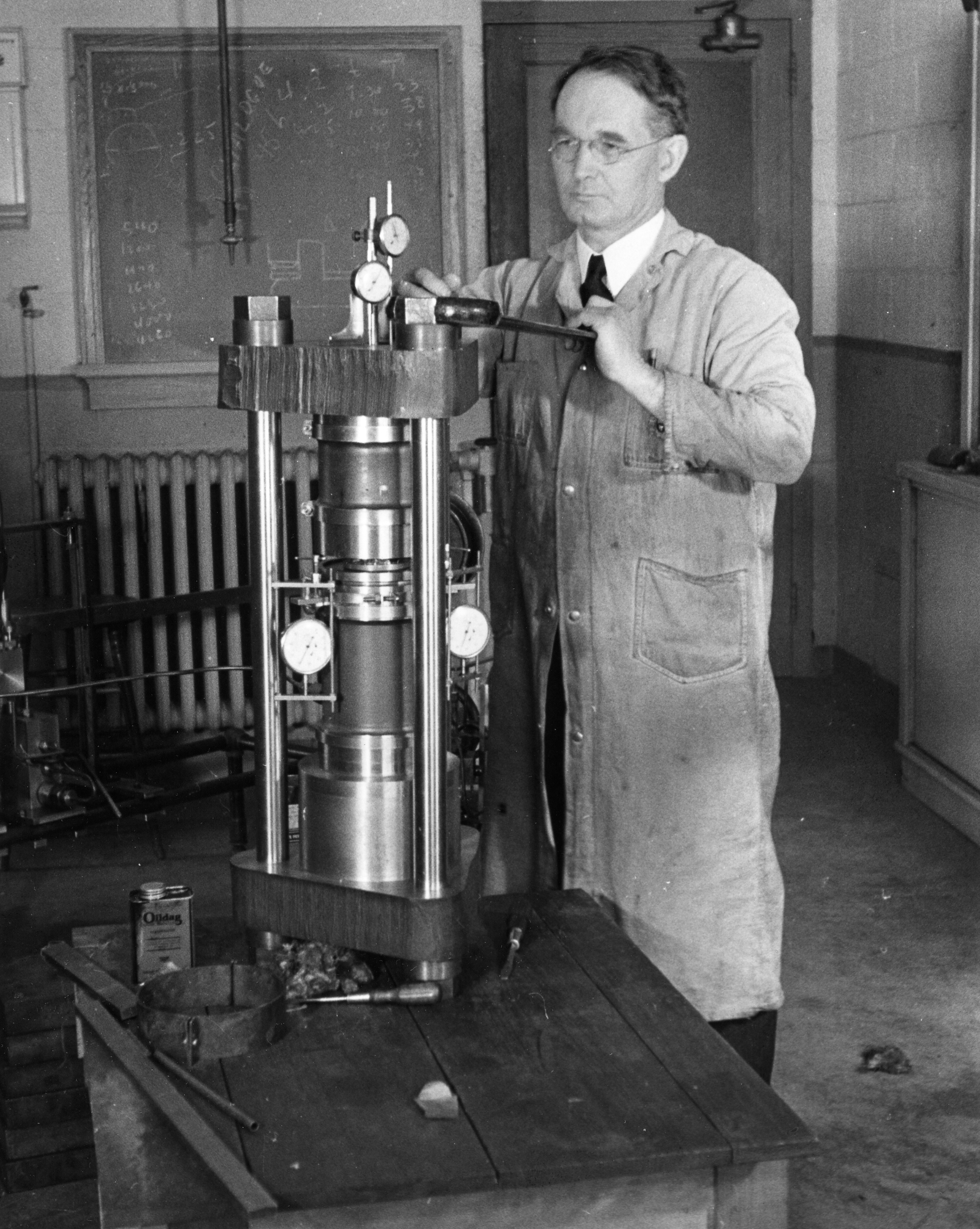Is deep learning a new kind of programming? Operationalistic look at programming
In most discussions about how to make programming better, someone eventually says something along the lines of "we'll just have to wait until deep learning solves the problem!" I think this is a naively optimistic idea, but it raises one interesting question: In what sense are programs created using deep learning a different kind of programs than those written by hand?

This question recently arose in discussions that we have been having as part of the PROGRAMme project, which explores historical and philosophical perspectives on the question "What is a (computer) program?" and so this article owes much debt to others involved in the project, especially Maël Pégny, Liesbeth De Mol and Nick Wiggershaus.
Many people will intuitively think that, if you train a deep neural network to solve some a problem, you get a different kind of program than if you manually write some logic to solve the problem. But what exactly is the difference? In both cases, the program is a sequence of instructions that are deterministically executed by a machine, one after another, to produce the result.
When reading the excellent book Inventing Temperature by Hasok Chang recently, I came across the idea of operationalism, which I believe provides a useful perspective for thinking about the issue of deep learning and programming. The operationalist point of view was introduced by a physicist Percy Williams Bridgman. To quote: we mean by any concept nothing more than a set of operations; the concept is synonymous with the corresponding set of operations. What does this tell us about deep learning and programming?
Published: Wednesday, 7 October 2020, 2:43 AM
Tags:
programming languages, philosophy, research
Read the complete article